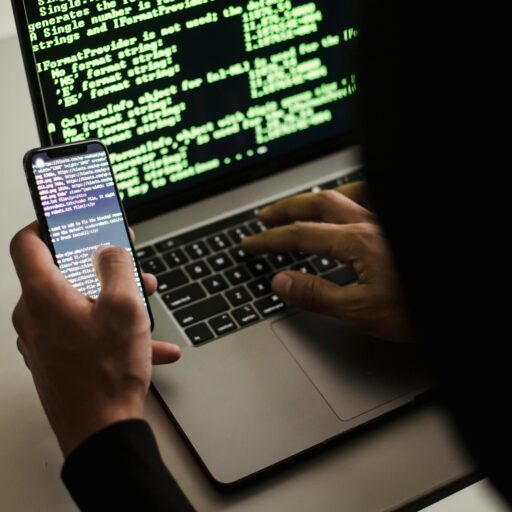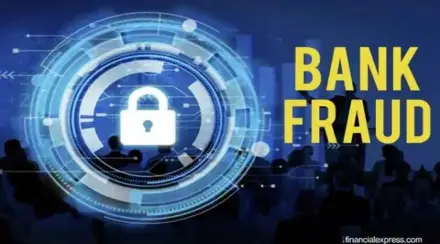
Mumbai | August 17, 2025 — Mumbai, India’s financial center, is not just known for its stock markets and big business deals.
It’s also becoming a hotspot for online fraud. In a world where a scammer can sound like your boss and a fake WhatsApp message can take your savings, Mumbai’s cyber helpline — 1930 — has become a major tool in fighting these crimes.
So far in 2025, cybercriminals have stolen a huge amount of money — nearly ₹600 crore — from Mumbai alone.
That’s almost as much as the city lost in 2024, and the year isn’t over yet. But it’s not just about losing money; it’s also about fighting back. Because of quick action by victims and fast communication between the police, banks, and digital platforms, ₹109 crore has already been recovered between January and August.
This shows one important fact: acting fast is the best way to protect yourself from cybercrime.

The 1930 Lifeline: Calls That Save Millions
The 1930 helpline, set up under the Indian Cybercrime Coordination Centre (I4C) by the Ministry of Home Affairs, is the first place people go when they’re scammed.
It runs 24 hours a day and gets between 2,500 and 2,700 calls each day. Not every call is a scam, but about 200 cases are confirmed frauds daily. These include phishing links, fake loan apps, and even scams using AI to look like real people.
Each call starts a process where officers file a report, contact banks or UPI providers, and try to stop the payment.
If the money hasn’t been taken yet, there’s a good chance it can be recovered.
ACP Meenal Deshmukh from Mumbai’s Cyber Crime Unit said:
“The rule is simple: don’t be scared, call 1930.
The faster you act, the better your chance of getting your money back. Delay gives scammers an advantage.”
A Scam Stopped in 24 Hours
The power of the helpline is clear through real stories.
In March 2025, a 42-year-old investor got tricked by a WhatsApp stock group. Scammers created a group with bots and a few real people who posted fake profit pictures. Thinking it was a real deal, the investor sent ₹1.49 crore to several bank accounts.
Within hours, he realized it was a scam and called 1930.
The helpline helped freeze the accounts, worked with the banks, and tracked the money. In just 24 hours, the full amount was recovered before it was sent overseas.
That’s why cyber officials call 1930 not just a helpline, but a “digital fire brigade.”
Why Cybercrime Is Rising in Mumbai
The increase in fraud in Mumbai isn’t by accident.
Several factors make it a prime target for scammers:
Digital Dependence — From small shops using UPI to big investors using online apps, Mumbai is one of the most digitally connected cities in India.
That means there are millions of people who could be scammed.
Social Engineering — Scammers pretend to be delivery workers, bank staff, police, or job recruiters.
They use fear or pressure to get victims to give away personal information.
Fake Investment Apps — These apps look like real stock or crypto sites but promise big returns.
Once money is sent, the apps disappear quickly.
AI and Deepfake Tools — The newest and most dangerous tool.
Scammers use technology to clone voices and faces to pretend to be family or bosses. A fake call from a “relative in need” can drain a person’s savings in minutes.
Even though cybercrime is increasing, something unexpected happened in 2025: the number of reported cases in Mumbai has gone down compared to 2024.
Officials say the reason is growing public awareness.
The Maharashtra Cyber Cell, NGOs, and Mumbai Police have held workshops in housing societies, schools, and even senior citizen groups. Social media campaigns have a simple message:
Mumbai’s Cyber Helpline 1930
Local community members and volunteers have helped spread the word, sharing scam stories and showing people how to report fraud.
This effort is helping create a safer, more cautious community.
Real Victim Stories: Money Saved, Trust Restored
For Vandana Shah, a 34-year-old chartered accountant from Borivali, cyber fraud felt like the end of her financial security.
She invested ₹2.3 lakh in what seemed like a real cryptocurrency platform recommended by a friend. The website had a professional look, customer support chat, and fake reviews. But when she tried to take her profits, she was asked to put in more money.
Sensing something was wrong, she called 1930.
Within six hours, her case was escalated, and the fake account was frozen. Her money was back in her account in less than a week.
Her experience: “Scams today look real.
Don’t blame yourself — just report right away. 1930 gave me back my peace of mind.”


